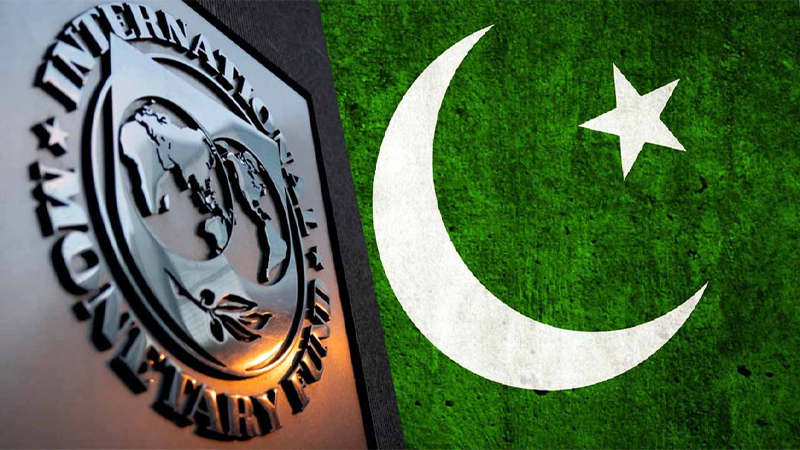In a significant move aimed at bolstering Pakistan’s economic stability, the Executive Board of the International Monetary Fund (IMF) greenlit the immediate disbursement of approximately $1.1 billion to the South Asian nation. The decision, made during a board meeting in Washington, marks a pivotal step in Pakistan’s ongoing Stand-By Arrangement (SBA) with the IMF.
With this disbursement, the total funds extended to Pakistan under the SBA soar to approximately $3 billion, underscoring the IMF’s commitment to supporting the nation’s economic recovery efforts.
While the majority of board members voted in favour of releasing the final installment, India abstained from the decision, highlighting the complex geopolitical dynamics at play in the region.
In a statement following the board meeting, the IMF praised Pakistan’s intensified policy efforts under the SBA, which have contributed to stabilising the economy and fostering modest growth. However, the IMF emphasised the need for Pakistan to sustain its reform momentum to transition from stabilisation to robust and sustainable economic recovery.
The IMF underscored several key areas where Pakistan must focus its efforts, including strict adherence to fiscal targets, implementation of market-determined exchange rates to absorb external shocks, and comprehensive structural reforms to promote inclusive growth.
Deputy Managing Director Antoinette Sayeh emphasised the progress made by Pakistan in restoring economic stability, citing moderate growth, eased external pressures, and a decline in inflation. Sayeh stressed the importance of capitalising on this stability by pursuing sound macroeconomic policies and structural reforms to foster stronger, inclusive, and sustainable growth.
Moreover, the IMF highlighted the critical role of continued external support in Pakistan’s economic trajectory, urging the government to intensify revenue mobilisation efforts and exercise spending discipline to ensure fiscal sustainability and create room for social and development expenditures.
The IMF also commended Pakistan’s efforts to stabilise the energy sector’s circular debt through timely tariff adjustments and enhanced collection endeavours. However, it called for further reforms to address underlying issues and ensure the sector’s long-term viability.
In terms of monetary policy, the IMF deemed Pakistan’s tight stance appropriate until inflation moderates, stressing the importance of a market-determined exchange rate and robust foreign exchange reserves to buffer against external shocks and support competitiveness and growth.
Looking ahead, the IMF emphasised the urgency of accelerating structural reforms, including the reform of state-owned enterprises, strengthening governance and anti-corruption institutions, and bolstering climate resilience initiatives to foster long-term inclusive growth and job creation.
